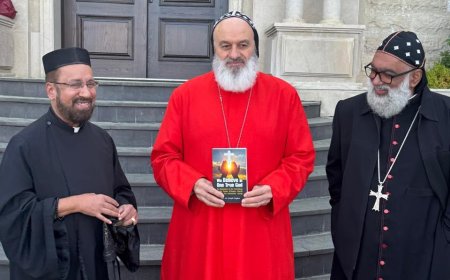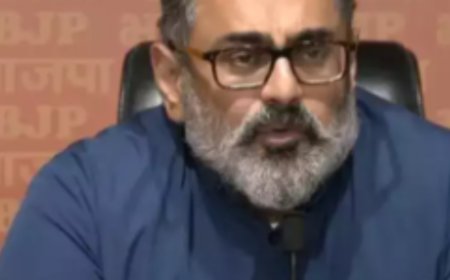What makes Trump's reign unstoppable and what forbids him from getting a third term
As Donald Trump hints at a potential third presidential run, we delve into the constitutional barriers, including the 22nd Amendment, and the complexities of pursuing such a strategy. Could he leverage the vice-presidency to reclaim the White House, or is this merely a political jest?

DONALD Trump’s second term has only just begun, but he and his allies have already started hinting at the possibility of a third.
In January, Congressman Andy Ogles noted that the change would allow the newly appointed POTUS to remain in the White House well beyond his 2029 term. Trump has also joked about a possible third term on several occasions.
Here's what the US Constitution says
The 22nd Amendment states, “No person shall be elected to the office of the President more than twice,” a clear restriction enacted after President Franklin Delano Roosevelt was elected four times, with his final term in 1944.
According to a report by Fortune, because the ban applies to being “elected” more than twice, Trump could run as a vice-presidential candidate, then assume the presidency if his running mate resigned. This would be a complex strategy, complicated further by the fact that Trump would be 82 at the time of the next election—making him older than Joe Biden was during his 2020 campaign.
If Trump were to secure a third term, he would become only the second US president in history to do so, following Franklin D. Roosevelt, who served four terms from 1933 to 1945. However, Roosevelt's unprecedented tenure led to the passage of the 22nd Amendment in 1951, which limits presidents to two elected terms.
Can the 22nd Amendment be changed?
Furthermore, changing or repealing the 22nd Amendment would require a two-thirds majority in both the House and the Senate, along with ratification by three-quarters of the states. No amendment has been ratified since the 1990s, and that one was first proposed in the 1700s.
The last amendment to be ratified before that was the 26th Amendment in the 1960s, during the Vietnam War era, which lowered the voting age to 18.
What did Trump supporters say?
Even among Trump supporters, there’s opposition to the idea of altering the Constitution to benefit him, highlighting the challenges of such a significant constitutional change.
According to a report by CNN, Senator Markwayne Mullin, a Republican from Oklahoma, dismissed Trump’s comments, saying he views them “as a joke, not being literal.” He added, “I’m not changing the Constitution, first of all, unless — unless the American people choose to do that.”
Several reports mentioned that even if Trump pursued this plan, state election officials and courts would likely intervene. They have historically disqualified candidates who fail to meet constitutional requirements, such as being a natural-born US citizen or at least 35 years old. It’s expected they’d do the same for anyone violating the presidential term limit.







































































